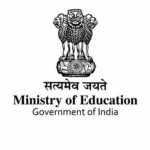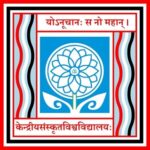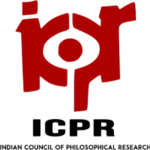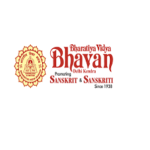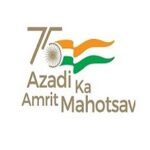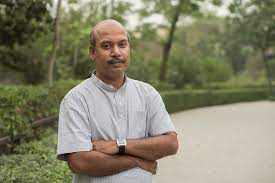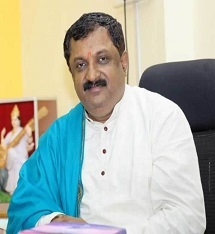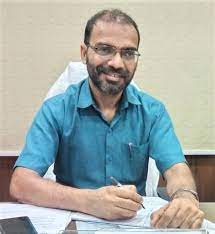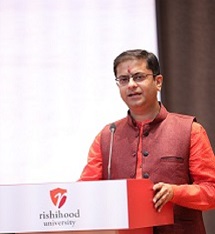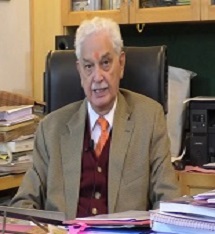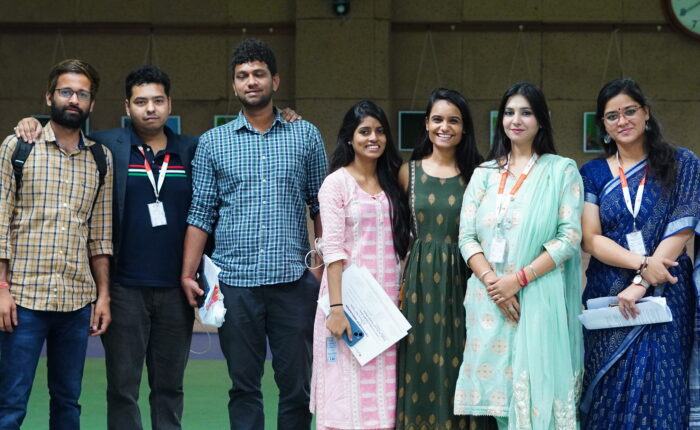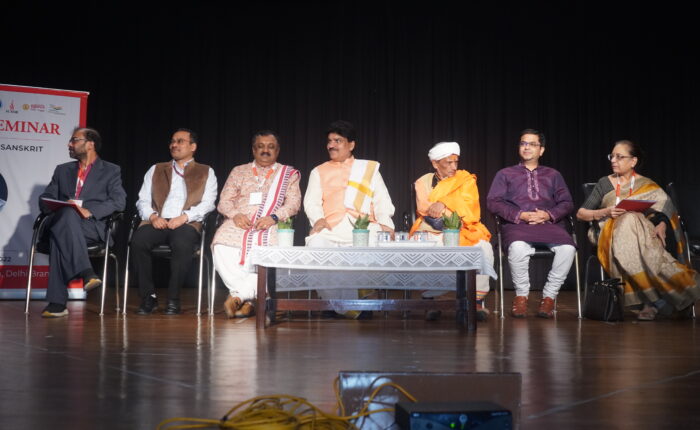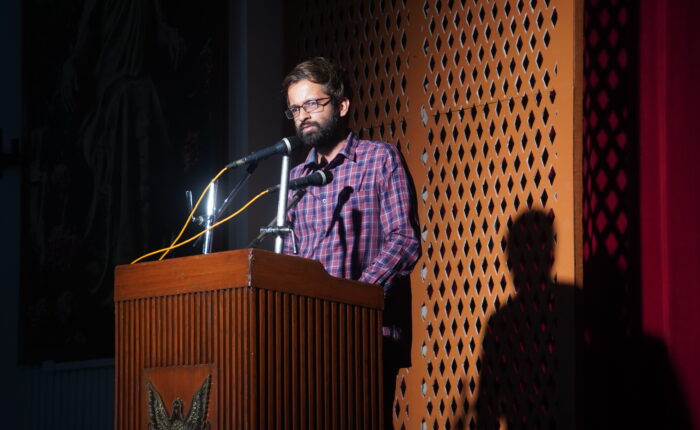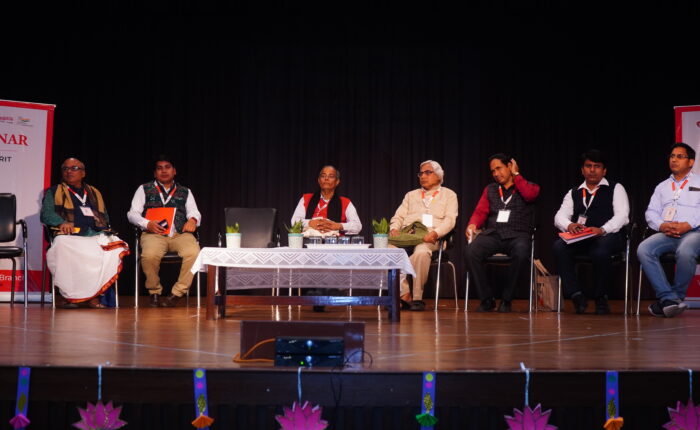The second day began with technical sessions. The first technical session of the event Technical Session 1 was from 9.30 am to 12 pm. The session was based on the theme Vedas, Upanishads and the Gita. It was chaired by Pranav Kumar Vashishth ji from Purna Pramiti Center for Integrated Learning, Bangalore and an expert on Dharmashastra and Constitution of India)
PAPER 1: Prof. Prafulla Kumar Mishra (Vice Chairman, Maharishi Sandipani Rashtriya Ved Vidya Pratishtha) presented on the to Vedic Vision of Savitri. He talked about parallels between the Vedas and Sri Aurobindo’s lines quoting suktas from many scriptures like Hiranyagarbha Sukta, Purusho sukta etc.
PAPER 2: Dr. Shweta Prajapati (Director of Oriental Institute, Maharaja Sayajirao University, Vadodara) presented the talk on the topic “Interpretation of some vedic concepts by Sri Aurobindo where she discussed the spiritual significance of vedic concepts like sacrifice, aspirations in line with Sri Aurobindo’s philosophy.
PAPER 3: Dr. Aruna Kumar Mishra (Professor, Department of Sanskrit, Pali and Prakrit, Vishwabharti Central University, Shantiniketan). His topic of presentation was Sanskritic Glow in the World Classic Savitri where the presenter recited stanzas of Savitri and thereby explaining the sanskritic essence in each of them in Sri Auribindo’s writings.
PAPER 4: Prof. Niraajan Kafle (Associate Professor, Sanskrit, Ashoka University) presented on the topic ‘Visnusukta and Sri Aurobindo’s rendition on it in which he explained all mantras of Visnusukta as interpreted by Sri Aurobindo.
PAPER 5: Dr. Nandita Singhavi (Associate Professor, Government Dungar College, Bikaner) who presented the talk on the topic “बृहस्पति सूक्त(4/50) के प्रथम मन्त्र की श्रीअरविन्द कृत व्याख्या:एक परिशीलन” where she talked about mantras in Brahaspati Sukta and its interpretation of it by Sri Aurobindo.
PAPER 6: Prof. Pijus Kanti Pal (Research Scholar, Department of Humanities and Social Sciences, IIT Kharagpur) presented on the topic “Sri Aurobindo on daivī and āsurī sampad” where he explained the significance and differences between Daivi (satvik) and Asuri (Rajasic) and Sri Aurobindo’s psychological explanation on the verses in the book Essays of Gita”.
PAPER 7: Ms. Anusree S.L (Phd Scholar, Sree Sankaracharya University of Sanskrit, Kalady Cochin) presented on the topic “The Terminology as the Key to Sri Aurobindo’s Psycho-Philogical Approach on Upanishads” where she explained the philosophical interpretation of Upanishads in the language of Sri Aurobindo and how it serves as the conceptual foundation for Upanishads expansive psychological system.
The technical session ended with the concluding remarks by the Chair Pranav Kumar Vashishth ji from Purna Pramiti Center for Integrated Learning, Bangalore and an expert on Dharmashastra and Constitution of India and then session was followed by a lunch break.
The second session began at 1 pm and continued till 2.30 pm and was chaired by Prof. Shashibala (Dean of Bhartiya Vidya Bhavan’s K M Munshi Centre for Indology) and the theme was Sri Aurobindo, Indian Culture and Sanskrit.
PAPER 1: Pranav Kumar Vashishth ji from Purna Pramiti Center for Integrated Learning, Bangalore and an expert on Dharmashastra and Constitution of India presented on the topic “Hayagriva Mandir: A Call In the Light of “Bhawani Mandir” where he talked on understanding the presence of Hayagriva – the fountainhead of knowledge, nationalism and divine shakti in Sri Aurobindo’s writings.
PAPER 2: Dr Sheojee Singh (Government College of Education, Chandigarh) presented on the topic Sri Aurobindo, Sanskrit and Resurgence of the Eternal Spirit of India where he talked on the evolution of consciousness and Vedic literature in the words of Sri Aurobindo.
PAPER 3: Dr Ashutosh Pareek (Samrat Prithviraj Chauhan Government College, Ajmer) presented on the topic महर्षि अरविन्द की सांस्कृतिक दृष्टि : संस्कृतशास्त्रों और संस्कृतभाषा के विशेष सन्दर्भ में.
PAPER 4: Dr.Gunanidhi Sharma (Ph.d., Sanskrit) presented on the topic संस्कृत एवम् उपनिषद्, सत्यान्वेषण की भारतीय प्रणाली on which he discussed how the culture of India is intertwined with Upanishads in the words of Sri Aurobindo.
The session ended with the concluding remarks by Chair Prof. Shashibala (Dean of Bhartiya Vidya Bhavan’s K M Munshi Centre for Indology).
The third session began at 2.30 pm and continued till 4.00 pm and was chaired by Chair: Prof. Bhagirath Nanda (Professor, Shri Lal Bahadur Shastri National Sanskrit University, New Delhi) and the theme was Sri Aurobindo on Indian Classical Literature and Poetics.
PAPER 1: Keshav Dev (Lecturer in Kendriya Vidyalaya Sangathan) presented on the topic Sri Aurobindo and Kalidas on which he discussed the passages from the writings of Sri Aurobindo’s poems which describes the evolution of life into a “life divine”.
PAPER 2: Dr. Priyabrata Mishra (Associate Professor, Shree Jagannath Sanskrit University,Puri) presented on the topic ‘Shree Aurovindo and Bhartrihari’ which emphasized on Sri Aurobindo’s three leading motives of the mind of the age, its reflective interest in life and turn for high and strong and minute thinking.
PAPER 3: Prof. Rabindra Kumar Panda (Prof. Rabindra Kumar Panda, Vice-chancellor, Shri Jagannath Sanskrit University, Puri , Orissa. ) presented on the topic Sri Aurobindo and Gaudapadakarika where he spoke on subtle ideas of Gaudapada and its relevance today in Sri Aurobindo’s words.
PAPER 4: Devaki Sapkota (Graduate in Indology from Hamburg University) presented on the topic Kumārasaṃbhava and Śrī Aurobindo’s translation where she explained and sang shlokas and discussed their meanings as interpreted by Sri Aurobindo.
The session ended with the concluding remarks by Prof. Bhagirath Nanda (Professor, Shri Lal Bahadur Shastri National Sanskrit University, New Delhi)
The session was followed by a break of 10 minutes after which the Seminar’s first plenary session was to be held. The Plenary Session was conducted by Shri Vedveery Arya (Joint Secretary and Additional Finance Advisor) on the topic ‘The Origins of Language and Sri Aurobindo’ where he spoke of chronology of Sanskrit language in Indian History. It ended with a QnA round.
Day 2 session ended at 5.30 pm with a one minute of silence followed by a snack break. It continued with Poets’ Meet from 5.30 pm to 6.30 pm where various poetries of Sri Aurobindo in Sanskrit were recited by participants. The session was moderated by Prof. Bhagirath Nanda Ji (Professor, Shri Lal Bahadur Shastri National Sanskrit University, New Delhi). The participants were Dr. Keshav Dev, Dr. Anil Kumar, Prof. Lala Shankar Gayawal, Prof. P K Mishra, Prof. Kaliprassana Satpathy, Dr. Sampadananda Mishra, Dr. Rabindra Kumar, Dr. Purnachandra Upadhyaya, Prof. Priyabratta Mishra.
